The security challenges to a nation have entered an era of unremitting unpredictability and complexity and are being further exacerbated by violent transnational extremism, globalisation, proliferation of technology and by rogue powers. Against this backdrop of a dynamic, ever-evolving and changing global geopolitical landscape we must eschew traditional beliefs and bring in the concept of convergence to centre stage. Convergence of effects in time and space, confluence of the kinetic and non-kinetic, physical and psychological capabilities and use of all tenets of warfare-offensive and defensive operations, espionage, ethics and legalities, propaganda and intelligence-are central to responses against threats from myriad threat vectors and actors. Today, the strategy articulation process has moved beyond a parochial obsession with conventional war. The doctrinal bulwark for security agencies takes into account inextricably intertwined and intricately overlapped war domains, rather than compartmentalising them.
This articulation is in sync with views of many military analysts, who believe that multivariate and multimodal nature of future conflicts will be further accentuated because of myriad threats from unexpected quarters. The complexity, lethality, scope and frequency associated with this new ‘threatscape’ is being described as ‘hybrid warfare.’ In this, the present, potential and perceived vulnerabilities across the spectrum of conflict will most likely be targeted using combinational or hybrid threats. The amalgam of conventional and irregular capabilities at operational and tactical levels will make things more obscure, indistinguishable and complicated, contributing to the thickening of the “fog of war”. Today, the construct of conflict is conceptualised from the perspective of an amorphous enemy, defused national boundaries and undefined battle space. Enumeration of threat vectors and actors, pre-emptive posturing and marking of battle lines-which are the cornerstones for formulation of military doctrine of a conventional military-are not easily quantifiable parameters anymore. The era of large-scale state-on-state warfare is passé and has given way to ambiguous, protracted, indecisive conflict in complex environments. The Centre for Air Power Studies (CAPS) has been publishing the Asian Defence Review to analyse and understand these challenges and offer insight into possible strategies to mitigate these. This volume, a resource base for both professional and general readers, is tenth in the series under this title.

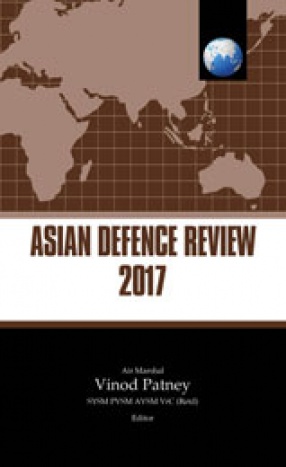
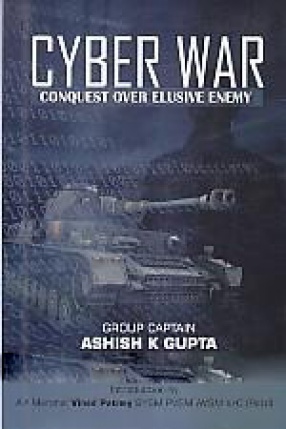
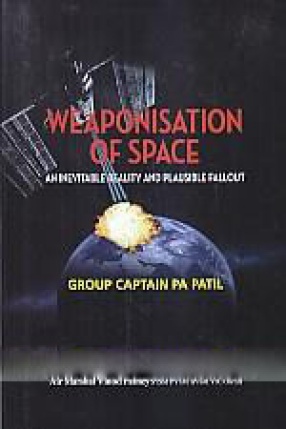
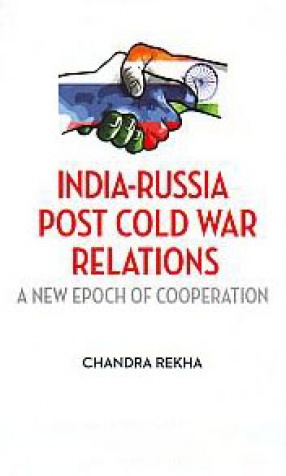

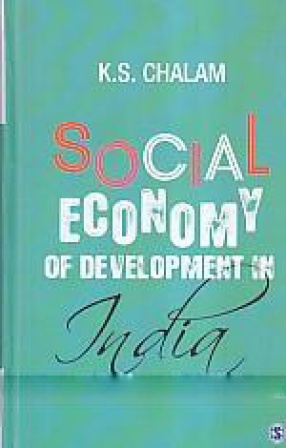

There are no reviews yet.